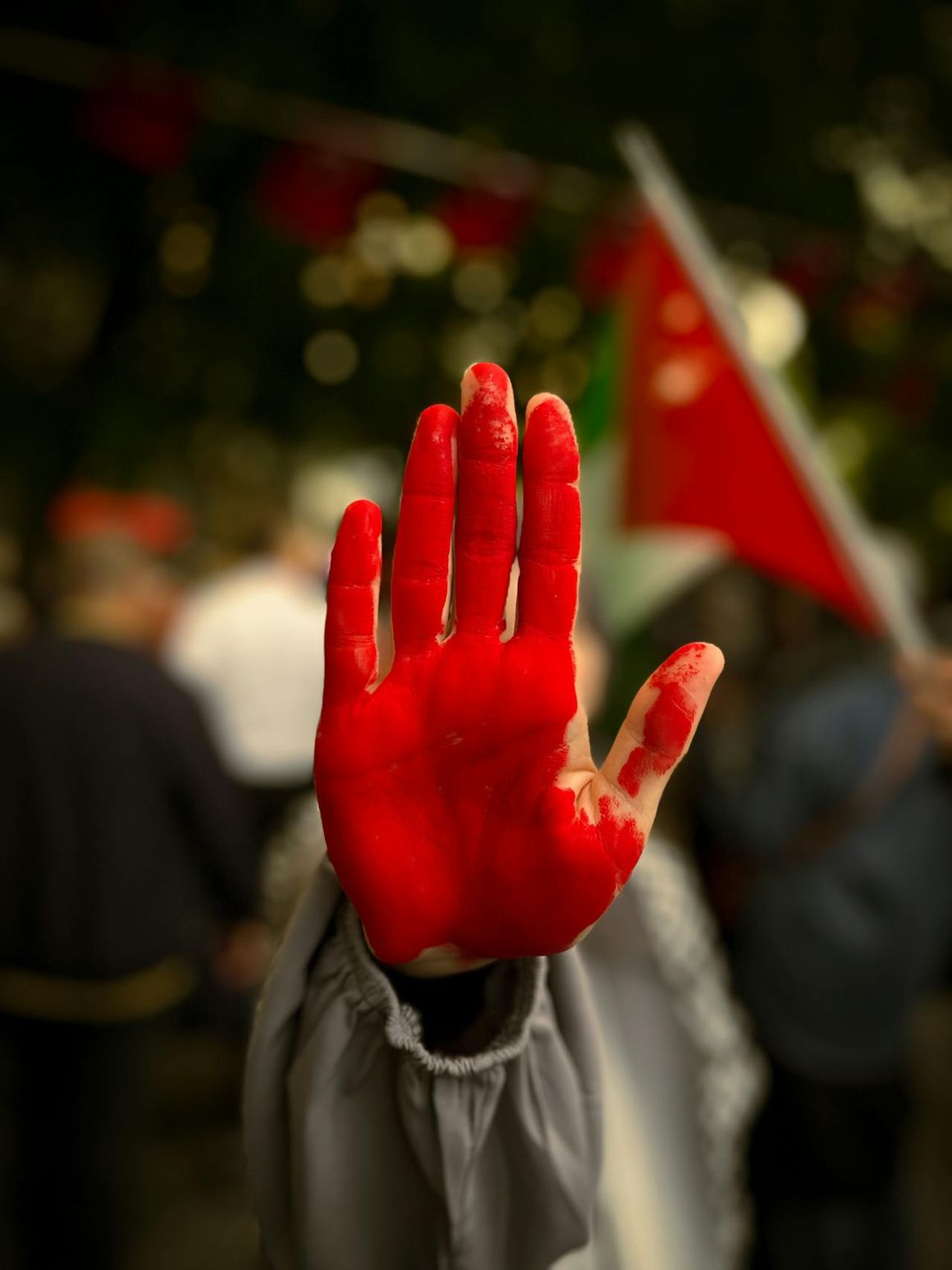Ramadan is a month of immense spiritual significance, a time for reflection, prayer, and self-discipline. However, fasting from dawn to sunset can sometimes leave us feeling drained and low on energy, especially when balancing work, family, and worship. Staying energized during Ramadan is essential to make the most of this blessed month without compromising your health or productivity. Here are some practical tips to help you maintain your energy levels throughout the day:
1. Start Your Day with a Nutritious Suhoor
Suhoor is the most important meal during Ramadan, as it provides the fuel your body needs to sustain you throughout the day. Opt for a balanced meal that includes:
Complex carbohydrates: Whole grains, oats, and brown rice release energy slowly, keeping you fuller for longer.
Protein: Eggs, yogurt, beans, and nuts help maintain muscle strength and energy levels.
Healthy fats: Avocados, olive oil, and nuts provide sustained energy.
Fruits and vegetables: These are rich in vitamins, minerals, and fiber, which help maintain hydration and overall health.
Avoid sugary or processed foods, as they can cause energy crashes later in the day.
2. Stay Hydrated During Non-Fasting Hours
Dehydration is one of the main causes of fatigue during Ramadan. Make sure to drink plenty of water between Iftar and Suhoor. Aim for at least 8 glasses of water, and avoid caffeinated drinks like coffee and tea, as they can lead to dehydration. Incorporate hydrating foods such as watermelon, cucumbers, and oranges into your meals.
3. Break Your Fast with Balanced Iftar Meals
When it’s time to break your fast, start with dates and water, as this is a Sunnah and provides a quick source of natural energy. Follow this with a balanced meal that includes:
Lean proteins: Chicken, fish, or legumes to repair and build tissues.
Complex carbs: Whole grains, sweet potatoes, or quinoa for sustained energy.
Vegetables and fruits: For essential vitamins and minerals.
Avoid overeating or consuming heavy, fried foods, as they can make you feel sluggish and tired.
4. Take Short Naps if Needed
If you feel tired during the day, a short power nap (10–20 minutes) can help recharge your energy levels without disrupting your sleep schedule. Avoid long naps, as they can leave you feeling groggy and interfere with your nighttime sleep.
5. Engage in Light Physical Activity
While intense workouts may be challenging during fasting hours, light physical activity like stretching, walking, or yoga can boost your energy levels and improve circulation. If you prefer to exercise, consider doing so after Iftar when your body is hydrated and nourished.
6. Manage Your Sleep Schedule
Balancing Taraweeh prayers, Suhoor, and work can disrupt your sleep routine. Aim for 7–8 hours of sleep per day by:
- Taking short naps during the day.
- Going to bed early after Taraweeh.
- Creating a calming bedtime routine to improve sleep quality.
A well-rested body is better equipped to handle the challenges of fasting.
7. Limit Sugar and Processed Foods
While it’s tempting to indulge in sugary treats during Iftar, they can cause a spike in blood sugar followed by a crash, leaving you feeling tired. Opt for natural sugars from fruits and avoid processed snacks and desserts.
8. Stay Spiritually Uplifted
Your spiritual energy can greatly impact your physical energy. Engage in acts of worship like Quran recitation, dhikr, and salah to stay connected to Allah. The peace and tranquility that come from spiritual practices can help you feel more energized and focused.
9. Avoid Overexertion
While it’s important to stay productive, avoid overexerting yourself during fasting hours. Pace your tasks and prioritize what’s most important. Save strenuous activities for after Iftar when you’ve replenished your energy.
10. Incorporate Energy-Boosting Foods
Certain foods are known to boost energy levels naturally. Include these in your Suhoor or Iftar meals:
Bananas: Rich in potassium and natural sugars.
Nuts and seeds: Packed with healthy fats and protein.
Oats: A great source of slow-releasing energy.
Leafy greens: High in iron, which helps prevent fatigue.
11. Stay Positive and Mindful
A positive mindset can work wonders for your energy levels. Remind yourself of the blessings and rewards of Ramadan, and focus on the spiritual benefits of fasting. Gratitude and mindfulness can help you feel more energized and motivated.
12. Make Dua for Strength and Energy
Finally, turn to Allah for help and guidance. Make dua for strength, energy, and the ability to make the most of this blessed month. Trust in His plan and know that He will provide you with the energy you need to fulfill your obligations.
Staying energized during Ramadan is all about balance—balancing your physical needs with your spiritual goals. By eating nutritious meals, staying hydrated, managing your sleep, and maintaining a positive mindset, you can navigate the month with energy and enthusiasm. Remember, Ramadan is a time of self-discipline and reflection, and every effort you make is an act of worship. May Allah grant you the strength and energy to make the most of this blessed month. Ameen.


